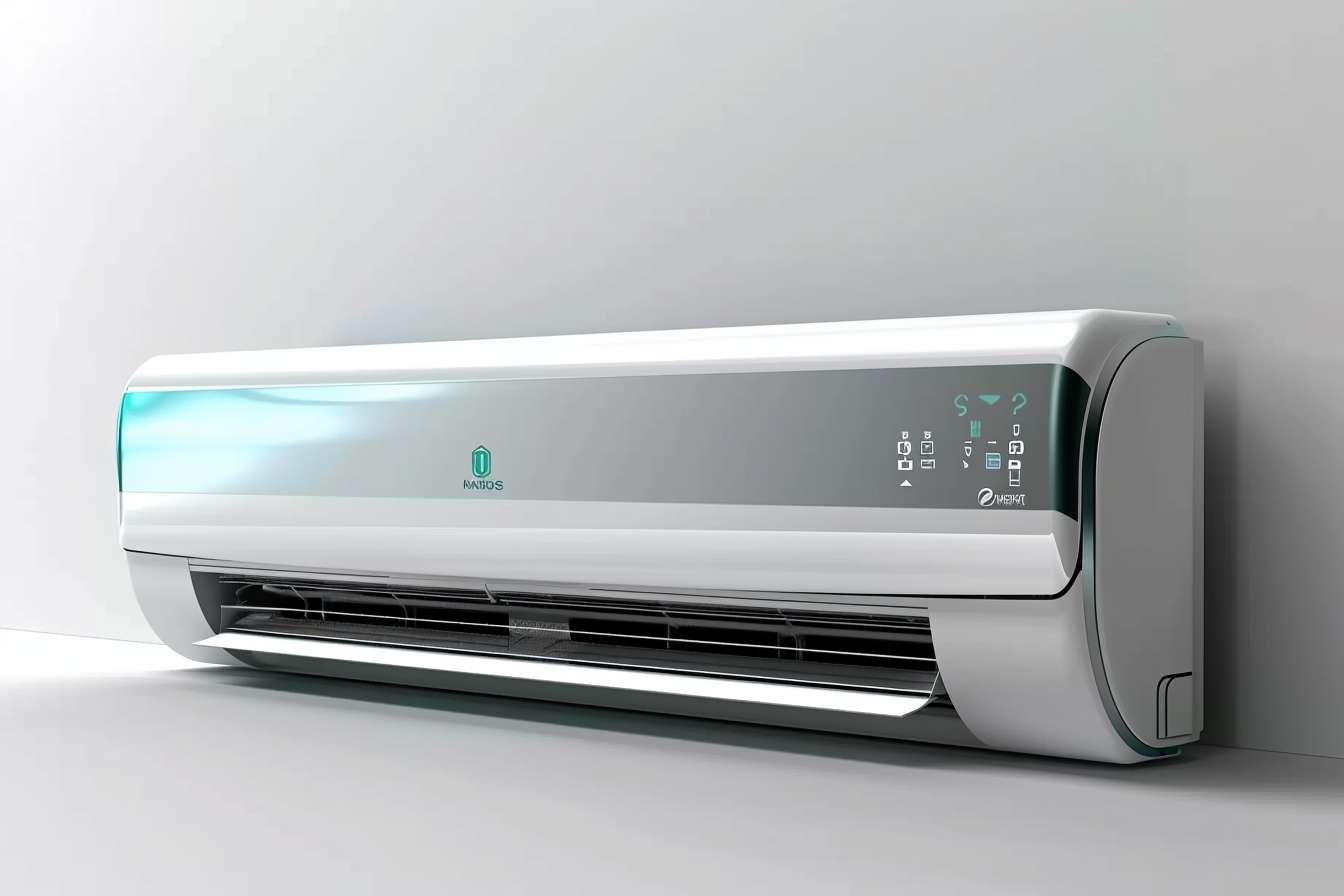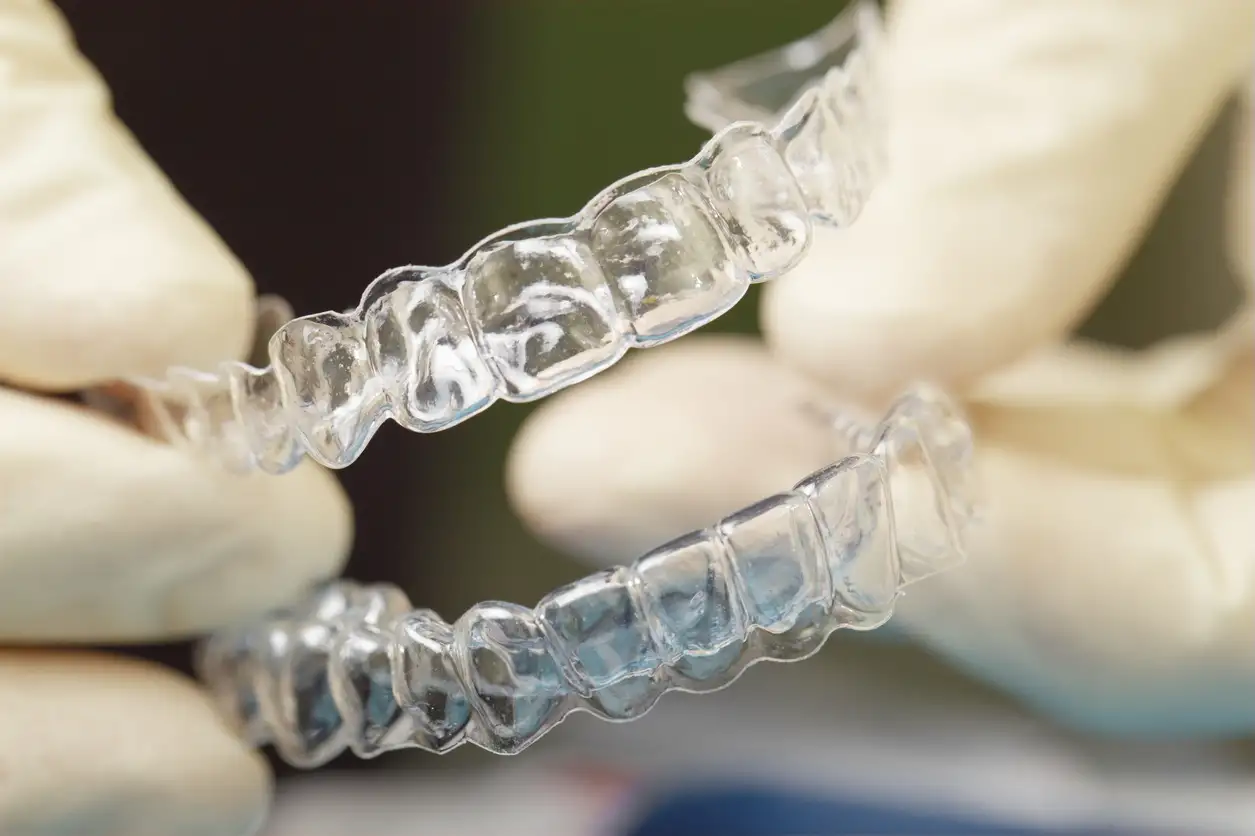Smart Cooling: What to Consider Before You Upgrade
As temperatures rise, the appeal of a cool, comfortable home becomes increasingly irresistible. However, before rushing to upgrade your air conditioning system, it's essential to consider the latest innovations and factors that can impact your comfort, energy efficiency, and wallet. This article will guide you through the key considerations for smart cooling upgrades, helping you make an informed decision for your home.

What are the latest smart cooling features to look for?
Smart cooling technology has revolutionized the way we control our home’s climate. Modern air conditioning systems now offer features like Wi-Fi connectivity, allowing you to control your AC from your smartphone or integrate it with your smart home ecosystem. Look for systems with adaptive learning capabilities that can automatically adjust settings based on your preferences and daily routines. Some advanced models even incorporate geofencing technology, which can detect when you’re approaching home and pre-cool your space for maximum comfort upon arrival.
Another innovative feature to consider is voice control compatibility. Systems that work with popular voice assistants like Amazon Alexa or Google Home can provide hands-free operation, making it easier than ever to adjust your home’s temperature. Additionally, smart AC units often come with energy monitoring features, giving you real-time insights into your energy consumption and helping you optimize your usage for better efficiency.
How can energy-efficient air conditioning save you money?
Investing in an energy-efficient air conditioning system can lead to significant long-term savings on your utility bills. Look for units with high Seasonal Energy Efficiency Ratio (SEER) ratings – the higher the SEER number, the more efficient the system. While these units may have a higher upfront cost, they can drastically reduce your energy consumption, leading to lower monthly bills.
Many energy-efficient AC systems also come with variable-speed compressors, which can adjust their output based on the cooling needs of your home. This means they don’t constantly cycle on and off, reducing energy waste and providing more consistent comfort. Some models also feature advanced dehumidification capabilities, which can make your home feel cooler without having to lower the temperature as much, further reducing energy consumption.
What size air conditioner do you need for your space?
Choosing the right size air conditioner is crucial for both comfort and efficiency. An undersized unit will struggle to cool your space effectively, while an oversized one will cycle on and off too frequently, leading to increased energy consumption and uneven cooling. To determine the appropriate size, you’ll need to calculate the square footage of the area you want to cool and consider factors such as ceiling height, insulation quality, and the number of windows in the space.
As a general rule of thumb, you’ll need about 20 BTUs (British Thermal Units) of cooling power per square foot of living space. However, this can vary based on your specific circumstances. It’s advisable to consult with a professional HVAC technician who can perform a detailed load calculation to recommend the most suitable size for your home.
How do multi-zone systems improve home climate control?
Multi-zone air conditioning systems offer a sophisticated solution for homes with varying cooling needs across different areas. These systems allow you to divide your home into separate zones, each with its own thermostat and temperature control. This means you can cool only the areas that are in use, saving energy and money by not cooling unoccupied spaces.
Multi-zone systems are particularly beneficial for multi-story homes, houses with additions, or spaces with varying sun exposure throughout the day. They provide greater flexibility in managing your home’s climate, ensuring that each family member can set their preferred temperature in their own space. Additionally, these systems often use ductless mini-split units, which are more energy-efficient and easier to install than traditional ducted systems.
What are the latest innovations in air filtration technology?
Air quality is an increasingly important consideration in home cooling systems. The latest air conditioning units incorporate advanced filtration technologies to remove pollutants, allergens, and even some viruses from the air. Look for systems with high-efficiency particulate air (HEPA) filters, which can capture particles as small as 0.3 microns, including dust, pollen, and pet dander.
Some cutting-edge AC units now feature photocatalytic oxidation (PCO) technology, which uses UV light and a catalyst to convert harmful pollutants into harmless substances. Others incorporate activated carbon filters that can absorb odors and volatile organic compounds (VOCs). For those concerned about airborne pathogens, some manufacturers offer systems with UV germicidal lights that can help neutralize bacteria and viruses as air passes through the unit.
How much can you expect to spend on a smart cooling upgrade?
The cost of upgrading to a smart cooling system can vary widely depending on the size of your home, the features you choose, and the complexity of the installation. Here’s a general breakdown of what you might expect to spend:
| System Type | Capacity | Average Cost Range |
|---|---|---|
| Window Unit (Smart) | 5,000-12,000 BTU | $200 - $700 |
| Portable AC (Smart) | 8,000-14,000 BTU | $300 - $800 |
| Mini-Split (Single Zone) | 9,000-24,000 BTU | $1,500 - $4,000 |
| Multi-Zone Mini-Split | 18,000-48,000 BTU | $3,000 - $10,000 |
| Central AC (Smart Thermostat) | 24,000-60,000 BTU | $3,500 - $7,500 |
Prices, rates, or cost estimates mentioned in this article are based on the latest available information but may change over time. Independent research is advised before making financial decisions.
Remember that while the initial investment in a smart, energy-efficient cooling system may be higher, the long-term savings on energy bills can offset this cost over time. Additionally, many utility companies offer rebates or incentives for installing energy-efficient HVAC systems, which can help reduce your upfront costs.
Upgrading to a smart cooling system is a significant decision that can greatly impact your home’s comfort and energy efficiency. By considering the latest features, energy-saving potential, appropriate sizing, zoning options, and air quality improvements, you can make an informed choice that will keep you cool and comfortable for years to come. Always consult with HVAC professionals to ensure you select the best system for your specific needs and to guarantee proper installation for optimal performance.




